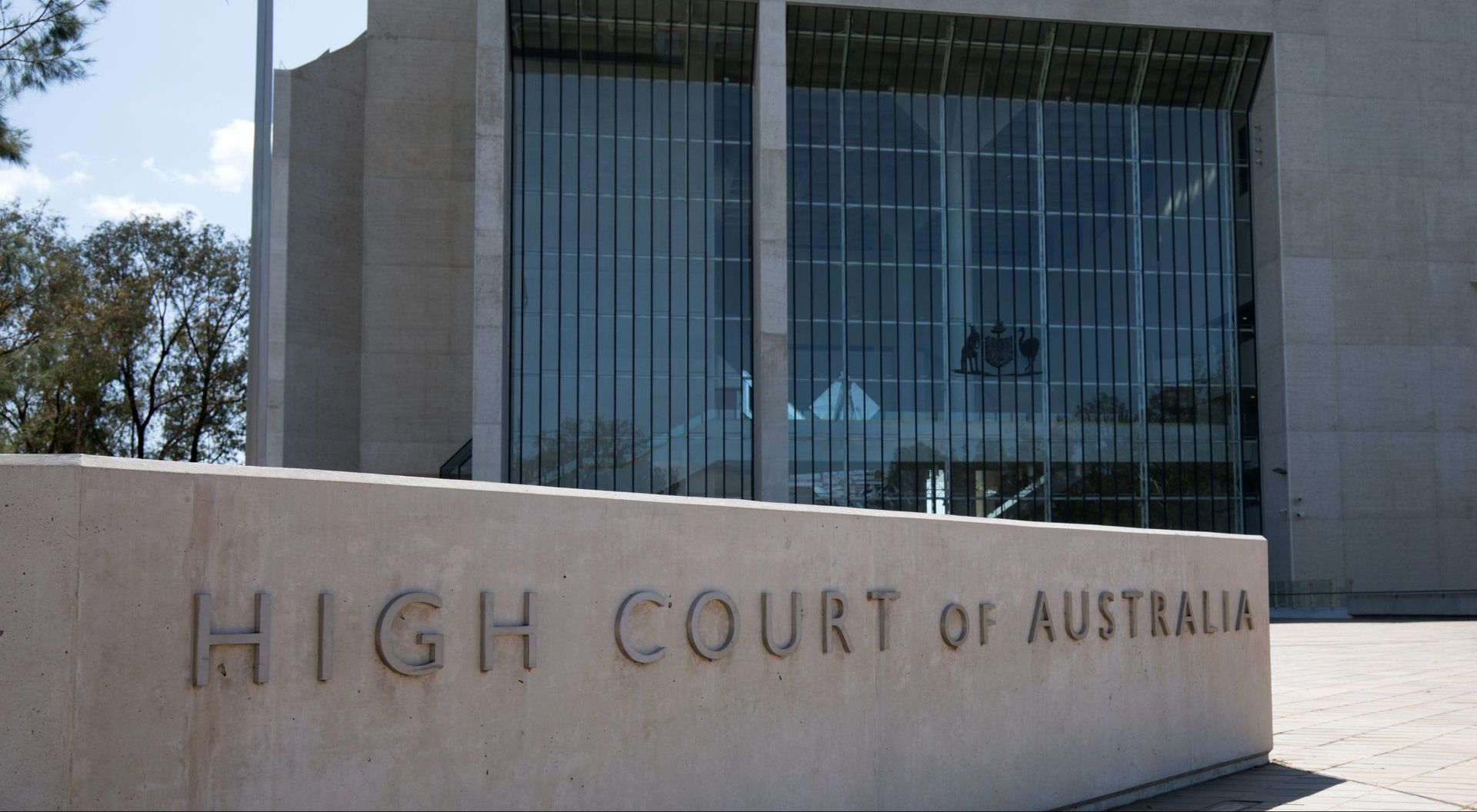Alternative Dispute Resolution (ADR) methods
What is ADR?
Alternative dispute resolution or ADR for short, usually describes a dispute resolution method where an independent person (an ADR practitioner, such as a mediator) helps people in dispute to try to sort out the issues between them.
ADR can help people to resolve a dispute before it becomes so big that a court or tribunal becomes involved.
ADR can be very flexible and can be used for almost any kind of dispute; even those that would never go to a court or tribunal.
ADR Practitioners
The behaviour of some ADR practitioners is regulated by standards and guidelines set by ADR professional organisations.
You can and should expect your ADR practitioner to be:
- impartial
- independent
- qualified
- professional at all stages of your ADR process
- clear about the process they are using.
Advantages of ADR
Flexibility – ADR processes can be flexible, because the process can be made to suit your particular dispute. Court processes are generally less flexible.
Privacy and confidentiality – ADR processes and outcomes are usually private and confidential. Hearings and decisions of courts and tribunals (including the reasons for the decision) are usually public.
Self-directed – In an ADR process you and the other people involved usually choose who the ADR practitioner is. You can also agree about some of the things the ADR practitioner can do. When you use a court or tribunal, a decision-maker (such as a judge) is appointed for you. What the decisionmaker can do is based on the law. In an ADR process you and the other people involved decide on the outcome of the process. Courts and tribunals usually control the outcomes of court and tribunal processes.
Costs – ADR processes can be less expensive than other ways of resolving your dispute. Going to a court can be very expensive. Tribunals can be less expensive but can still involve hearings and legal costs if you are represented. There are also costs in time and effort to think about.
Less formality – ADR processes can be informal. Court and tribunal hearings can be very formal.
ADR processes may assist the parties involved in the dispute to maintain relationships.
Types of ADR
Medical practitioners will claim that prevention is better than the cure! This thinking should be applied when it comes to adopting an attitude towards disputes. In this regard, preparing well-conceived, plans, agreements and contracts may help parties avoid a dispute down the track.
However, sometimes disputes do arise. The first step usually should be a negotiation between the disputing parties. Negotiation does not require a third person to help resolve the dispute, although parties in a dispute may benefit from obtaining legal advice and having lawyers stay in the ‘background’ as part of a direct negotiation process.
Not every dispute needs to be resolved by a court or tribunal. ADR methods need not be mutually exclusive from a formal court process being initiated by one of the parties involved in the dispute. Below is a non-exhaustive list of different ADR methods:
- Mediation. Mediators can be approved to practice under the Australian National Mediator Standards. You can find a copy of the National Standards at msb.org.au. Mediators can be former members of the judiciary and practicing lawyers. The mediation between the parties will be facilitated by a mediator, who will seek to guide the parties to resolve the matter, if possible. The reputation and track record of the mediator to help parties resolve disputes should be considered. There is flexibility in how the mediation should be conducted, including the appropriate venue for the mediation, which can occur over multiple days.
- Conciliation. This can be initiated as part of a court or tribunal initiated process, say as part of court process requiring compensation for land acquisition or a family law matter in court. It can also be initiated as part of a voluntary process, say in a dispute between employee and employer. The conciliation between the parties will be presided by a member of the court or tribunal, usually at a court, who will seek to guide the parties to resolve the matter, if possible.
- Collaborative Practice. This is found in the family law arena where a married or de-facto couple wishing to end the relationship contractually enter into a process to resolve the parenting and/or property matters between them with the assistance of (a team of) trained professionals (from legal, counseling and financial backgrounds) in this form of ADR.
- Expert Determination. This is a process in which the parties to a dispute present arguments and evidence to a dispute resolution practitioner, who is chosen on the basis of their specialist qualification or experience in the subject matter of the dispute (the expert) and who makes a determination. The determination may or may not be binding on the parties. For example AVG Forensic has been appointed by parties involved in a dispute, usually to make an expert determination in the value of a party’s interest in a company, trust or group structure.
- Arbitration. The process for commencing arbitration is usually set out in a contractual arrangement between the parties in the event of a dispute between the parties. The parties will appoint an Arbitrator to make a final determination of the matters in dispute which will be binding on the parties. The fact that a third party makes the final determination, distinguishes it from other forms of ADR such as mediation, conciliation and collaborative practice where the third party facilitator(s) provide direction and guidance to the parties. In Australia, arbitration is governed by both state and federal legislation. International arbitrations are governed by the International Arbitration Act 1974 (Cth). Domestic arbitrations are governed by the relevant state or territory Commercial Arbitration Act, which are largely uniform.
The most prominent professional arbitration and mediation institutions in Australia include the following bodies:
- Australian Centre for International Commercial Arbitration (ACICA);
- The Chartered Institute of Arbitrators;
- Institute of Arbitrators and Mediators (IAMA); and
- Australian Commercial Disputes Centre.
AVG Forensic has experience in all 5 of the above-listed ADR methods. As we understand and worked in these ADR processes, we can adopt our style to accommodate the party’s objectives for using ADR, although we aim to deliver the same quality of advice and expert opinions as if we were giving evidence in court.
Leave a Comment:
SEARCH ARTICLE:
SHARE POST:
RECENT ARTICLE:











